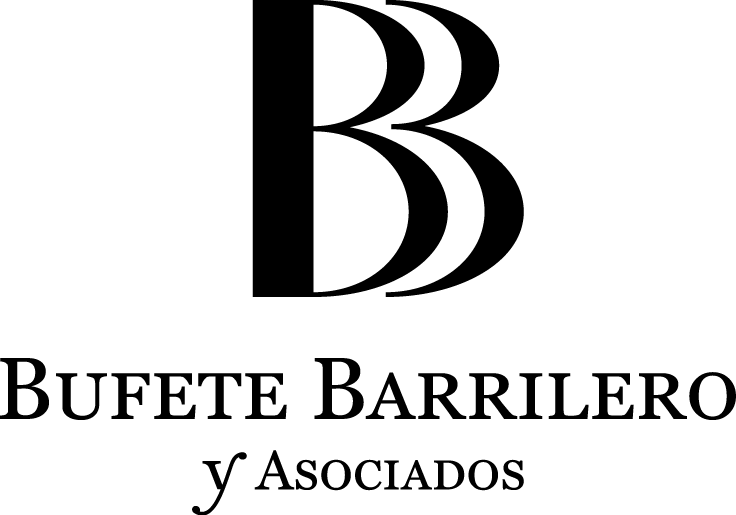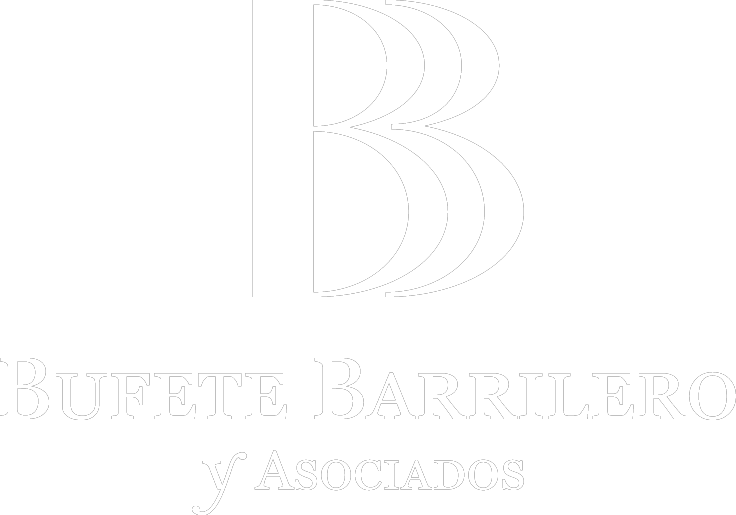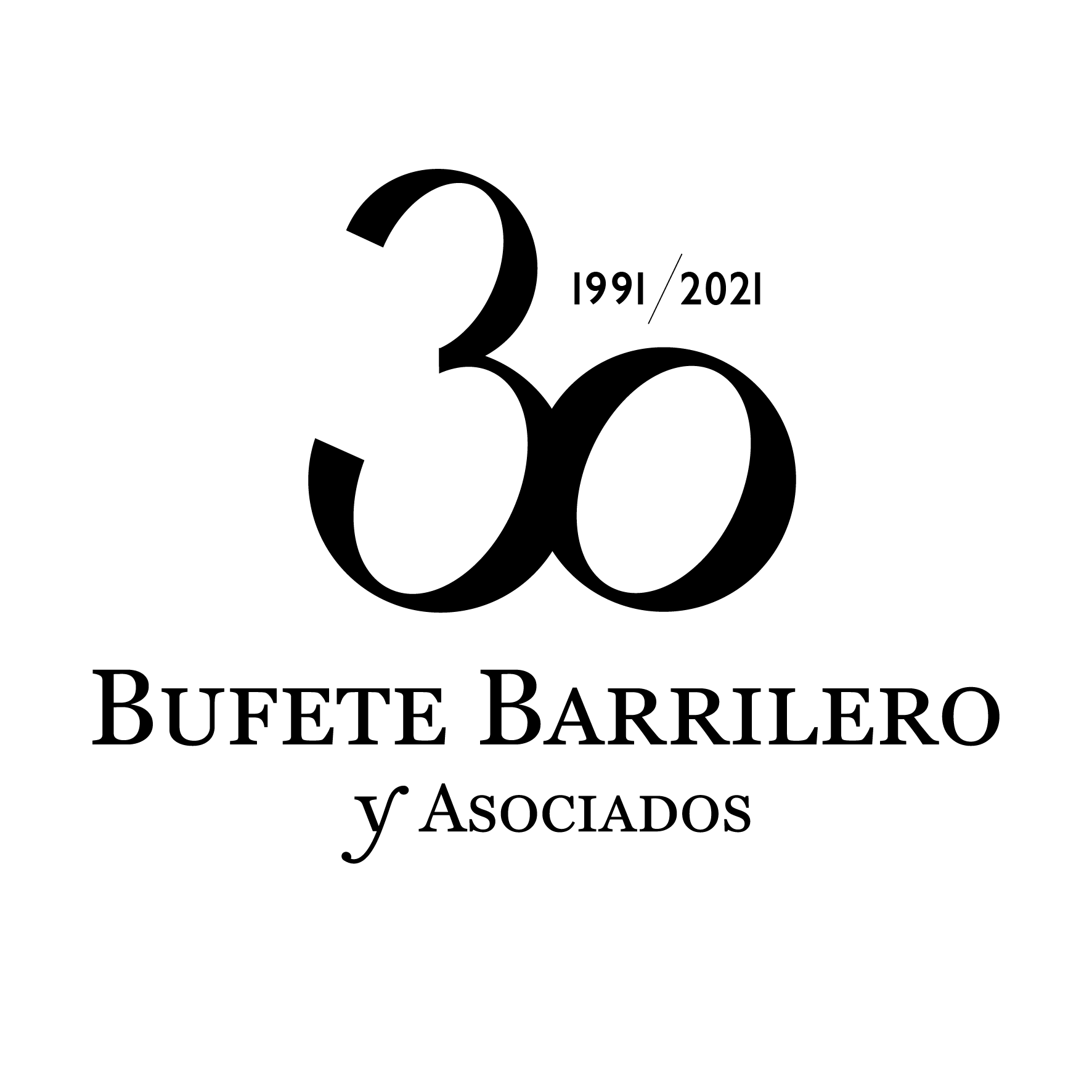MERCANTILE LAW
Marta López Sánchez
The Supreme Court introduced the innovative “Relevance Test” in Ruling No. 762/2024, dated May 29, 2024, to assess the information requested by shareholders when denied. This ruling interprets the essential nature of information required to challenge corporate resolutions on grounds of infringement of a shareholder’s right to information.
The right to information is governed by Articles 196 and 272.3 of Royal Legislative Decree 1/2010, of July 2, which approves the consolidated text of the Capital Companies Act. Under this framework, shareholders may: (i) request, either before the General Meeting or during it, any reports or clarifications deemed necessary in relation to the agenda; and (ii) review the supporting documents for annual accounts at the company’s registered office. It is important to note that information requests supported by shareholders holding 25% of the company’s share capital cannot be denied.
This case involves the denial of a shareholder, holding 20% of the share capital, who requested information about employee payrolls and sales details. Consequently, the shareholder contested the resolutions adopted, claiming a violation of their right to information.
The Supreme Court differentiates between information necessary for the shareholder and information essential for exercising voting or participation rights by introducing a “Relevance Test” to determine what information warrants the viability of challenging corporate resolutions.
In this specific case, Article 196 of the Capital Companies Act must be interpreted in light of Article 204.3(b) of the same law, which states that a corporate resolution cannot be challenged solely because the information provided was incorrect or insufficient; instead, the information must be genuinely crucial for a shareholder to vote or participate properly.
Thus, the ruling clarifies that not every infringement of this right justifies challenging corporate resolutions, establishing a “Relevance Test” to determine what information is essential for a successful challenge of a resolution by the Board on grounds of infringement of the right to information.
The ruling differentiates between necessary information—“that which is rationally useful or relevant for exercising a shareholder’s rights”—and essential information—“that which should be known to deliberate and vote on the resolutions approved.”
The Court concludes that these terms are not equivalent. Information may be useful or relevant for protecting a shareholder’s rights but not essential for exercising their participation rights. Consequently, the denial of such nonessential information does not justify challenging the resolutions but does allow for other legal actions.
This new mechanism operates in two phases. The first step is to determine if the information in question is necessary for the shareholder. If so, their right to information is infringed, and the second phase proceeds.
In this second phase, the essential nature of the information is evaluated—i.e., whether the shareholder needs to know it to deliberate and vote on the approved resolutions.
Upon completing the “Relevance Test,” the Supreme Court concludes that only if the information is both necessary and essential will the infringement of the right provide grounds for challenging the resolution for which the information was withheld.
In summary, this ruling clarifies the distinction between the necessary and essential nature of the information requested by shareholders, introducing the “Relevance Test” as a mechanism to determine under what circumstances a refusal to provide information enables a challenge to corporate resolutions.


